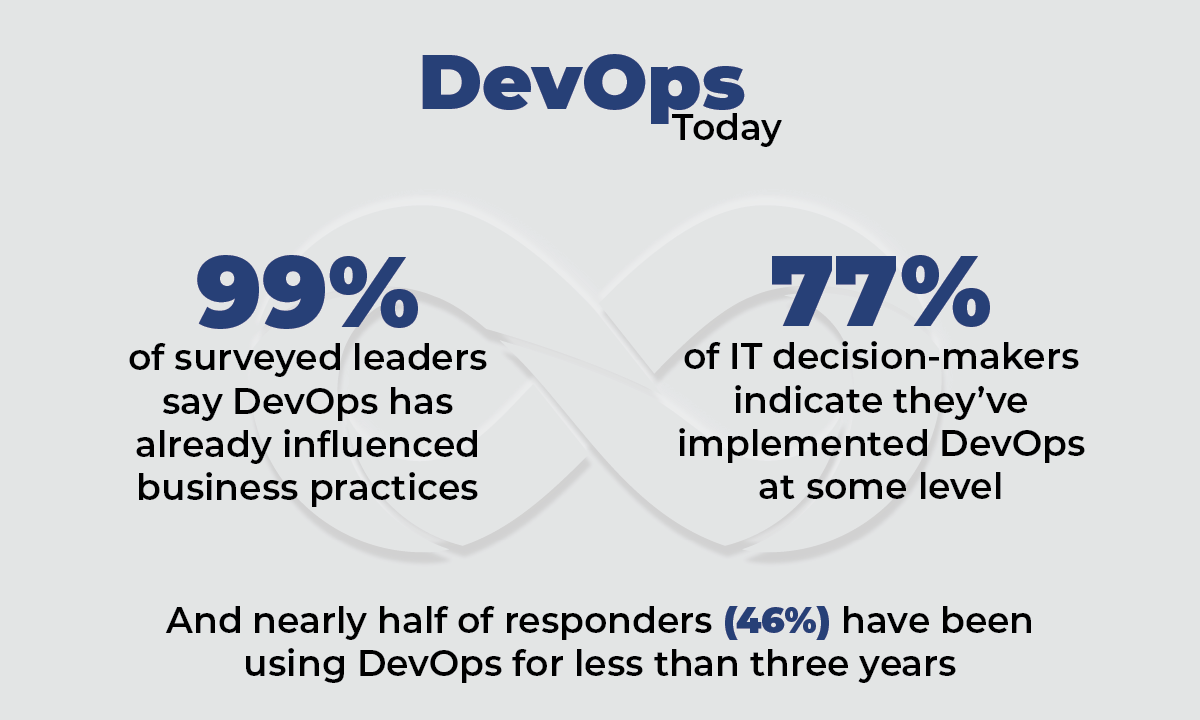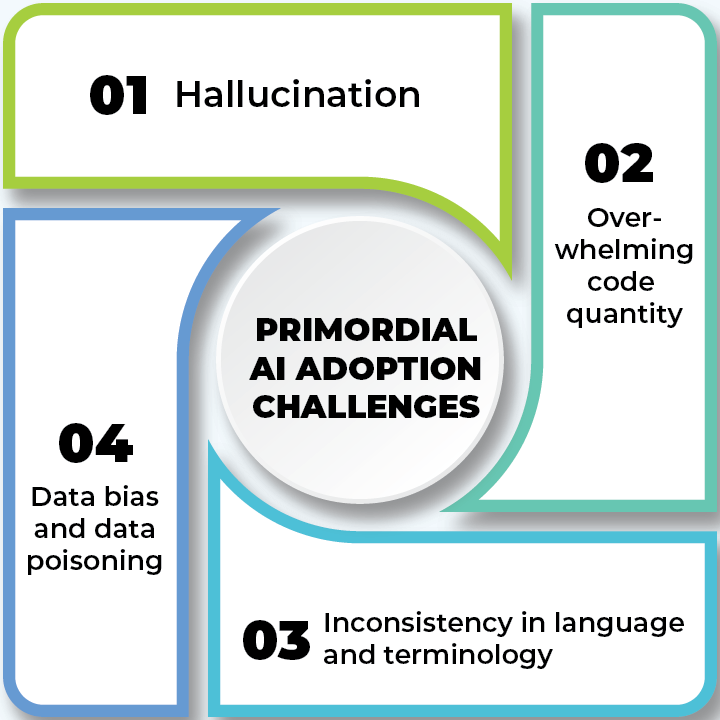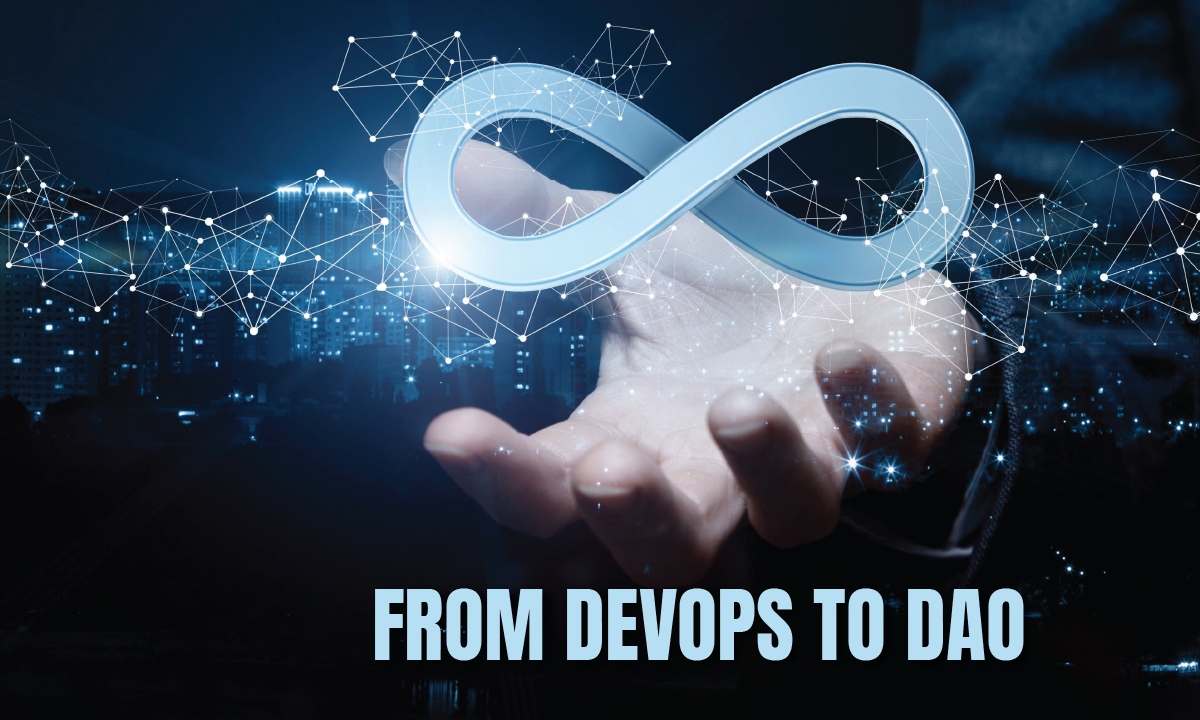We may not now think of DevOps and Daoist (or Taoist) philosophy as having all that much in common. One is about improving the development life cycle and the other improving state of mind through personal wisdom.
One is about automation, efficiency, continuous integration and delivery (CI/CD), the other about living in harmony with the mysterious, nameless quality of nature.
Note that Daoist philosophy also advocates for effortless action, living in alignment, natural flow, balance and simplicity, and the cyclical nature of things. With these traits in mind, let’s consider a potential, additional meaning for DAO:
Development + AI + Operations
DevOps, fundamentally integrated with AI.
Not AIOps, or MLOps, but a fully unified methodology of DevOps with AI, further transforming the development life cycle.
Among methodologies, DevOps—which aims for increased automation and includes coding and testing at its core (two things genAI already does fairly well)—may be ideally suited for integration.
DevOps itself is highly influential, but for many organizations, it’s also not been in use for all that long.
For a primer on DevOps overall and what it can do for you, check out this article from the PTP Report.

[Note- The abbreviation DAO is already in use in blockchain—for Decentralized Autonomous Organization, or a member-owned organizations managed by program. But here, we’re not talking about that. We’re introducing another DAO: a transformation of DevOps with the power of AI]
Simplicity
Big things of the world
Can only be achieved by attending to their small beginnings.
—Tao Te Ching
Testing is an essential component of DevOps, ideally fully integrated into the process of CI/CD. Automation is already a fundamental part of this process.
With genAI’s capacity to process data and iterate on known concepts in unique ways, this is a clear and obvious area of impact for DevOps.
But in addition to generating and continually refreshing tests, AI algorithms can do more, predicting which parts of software are most likely to fail, identifying the most crucial tests to run in varied situations (and on shifting timelines), estimating potential failure rates across the board, and more.
This is the DAO: AI-powered testing that analyzes prior test data and better identifies patterns, informing developers about which areas are prone to errors and thus will require more rigorous testing.
This capacity to rapidly analyze prior testing data not only saves time, it also ensures all testing is more focused, and effective, overall.
In the Flow of Events
AI is also already transforming the way developers write code. GenAIs can throw together programs at various depths, in varying languages, and with startling speed, though the quality is often lacking.
The DAO can be enabler: real-time code suggestions that consider a developer’s personal style, an organization’s goals, and a program’s history.
This means assisting human developers during their process, on the fly, handling the routine, and effortlessly proving an alternate or brute force solution as a first draft, from which development teams with their AI toolsets can continue to refine and perfect.
This DAO merger improves both quality and efficiency—it speeds up the development process while maintaining a high standard of coding quality.
Note that if you’re interested in becoming a developer yourself, consider starting with node.js, as discussed in this PTP piece.
Aside from working as a developer’s assistant or partner during the coding process, the DAO can also make routine (but surprisingly troubling) tasks like matching the right code reviewer to the right situation, ensuring that eyes and minds get to the areas that most need it, when they need it.
Effortless Action
Indeed, the hidden and the manifest give birth to each other.
—Tao Te Ching
In the operational phase, AI can now assist with monitoring and alerting. It can be used to monitor system performance, and automatically alert teams to issues before they escalate.
AI’s capability to analyze vast amounts of data from logs, performance metrics, and user feedback, will become increasingly invaluable, as teams manage exponentially increasing data across the board.
AI’s can detect trends and patterns that may be invisible (and alternative) to human analysts. This analysis can further optimize the development process by:
- Making release forecasts more accurate
- Guiding future development strategies
- Identifying anomalies
- Analyzing underlying causes
AI tools are adept and will increasingly improve at identifying potential security vulnerabilities in software, even while its still in development.
By analyzing code patterns and historical vulnerabilities, this DAO process will find code that is the most susceptible to breach. A proactive approach to security is crucial in a landscape where threats are also constantly evolving, as discussed in this PTP article, and the DAO will include this in its core practices.
Read more here for how AIOps can already transform Site Reliability Engineering, with self-teaching and self-healing systems that integrate cybersecurity, data analysis and remediation.
The Path
Nip troubles in the bud.
Sow the great in the small.
—Tao Te Ching
So how does an organization get started moving in this direction? PTP can help! Consider these steps on a road to DAO, or fully integrated AI in DevOps:
- Involve the right stakeholders
- Ensure data and quality checks are in place
- Consider agile AI implementation
- Be ready for AIs unique, ineffable traits
Involve the Right Stakeholders
The successful integration of AI into DevOps requires the involvement of the right people. With ethical considerations, ever-changing regulation, and outstanding legal challenges, it will be essential to maintain transparency throughout the process.
Stakeholders must represent developers, operations personnel, data scientists, and security experts. People at the highest levels must be accountable for this regularly-shifting process to work and work right.
Ensure Data and Quality Checks Are in Place
Given AI’s reliance on data, it’s crucial to have checks in place to ensure its quality and integrity. Both for regulation and good practice, human oversight is necessary to validate AI is making recommendations (instead of decisions) and that quality control is maintained.
With hallucination (see below), it’s likely some genAI outputs will be wholly unusable, and these cases must be accounted for across the board, wherever AI is implemented.
Consider an Agile Implementation
Moving from DevOps to a truly DAO approach may best be achieved by following an agile process: start small, experiment, and iterate.
Doing so ensures teams the ability to adjust their approach as needed. CI/CD methodologies align well with this approach, too, enabling the least disruption and the best possible fit.
Meeting AI Where It Is Right Now
Bad fortune is what good fortune leans on,
Good fortune is what bad fortune hides in.
Who knows the ultimate end of this process?
—Tao Te Ching
Despite all these potential benefits, AI is new, weird, and radically changing, and several challenges must still be addressed:

- AI hallucination: AI systems can sometimes hallucinate, which can mean everything from worthless code to giving bad advice to locating false patterns or correlations in data. This issue requires careful monitoring and validation by human experts to ensure that AI-generated insights are accurate and relevant.
- Coding speed definitely outstrips quality: when you consider that genAIs can write entire applications in startlingly short times, AI integration in development has already increased coding speed. Tempting though it is, it can’t come at the cost of code quality. The key is finding a balance between speed and quality, which can be challenging when there is ever more code generated to consider.
- The challenge of keeping consistency in language: AI models can struggle with consistent language and this can be challenging for organizations with their own requirements and style. This area should rapidly improve, with LLMs increasingly trained with an organization’s unique style and voice, but it will continue to require monitoring.
- Data bias and poisoning: current AIs inadvertently introduce or perpetuate biases as most have been trained on biased datasets. This part is unlikely to go away: regular audits and updates of AI models are, and will continue to be, necessary. Deliberately poisoned data can also be introduced to mislead or disrupt AI systems, making data validation protocols necessary.
Conclusion
To be great is to go on,
To go on is to be far,
To be far is to return.
—Tao Te Ching
The full integration of AI into the DevOps methodology goes beyond using varying AI tools in a DevOpts process: it can potentially transform testing, development, monitoring, and security.
But no integration of this scale is without challenges. As always, people with the right training and outlook must be as involved as early as possible to ensure these challenges are navigated smoothly.
AI is just one part of the DAO, and will best be used as an enabler, an accelerator, and a boon to quality overall, not a replacement for skilled workers.





